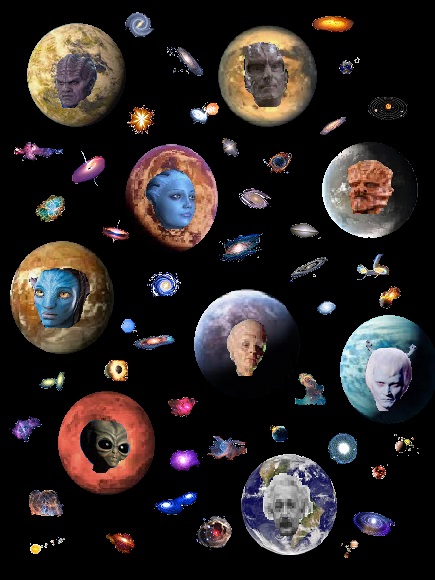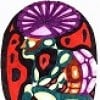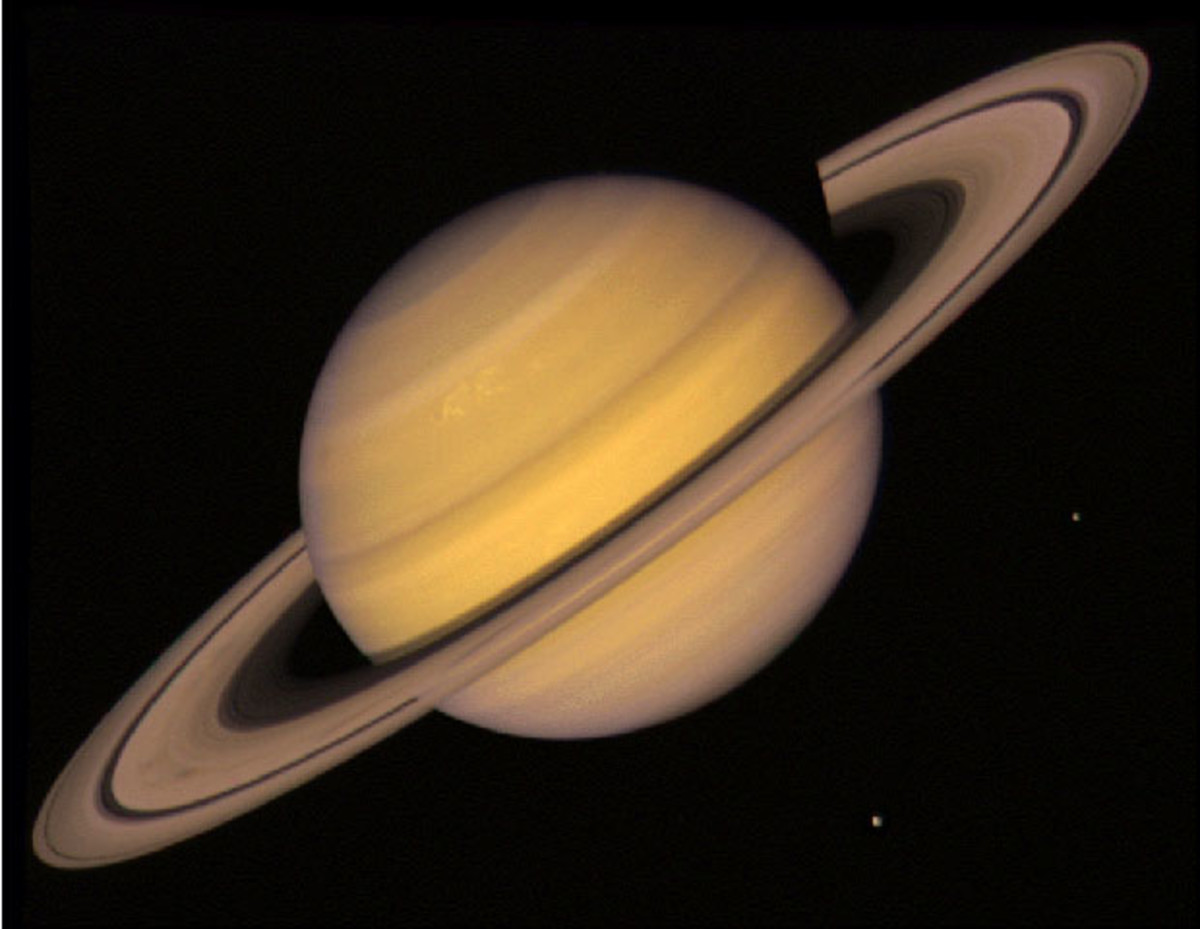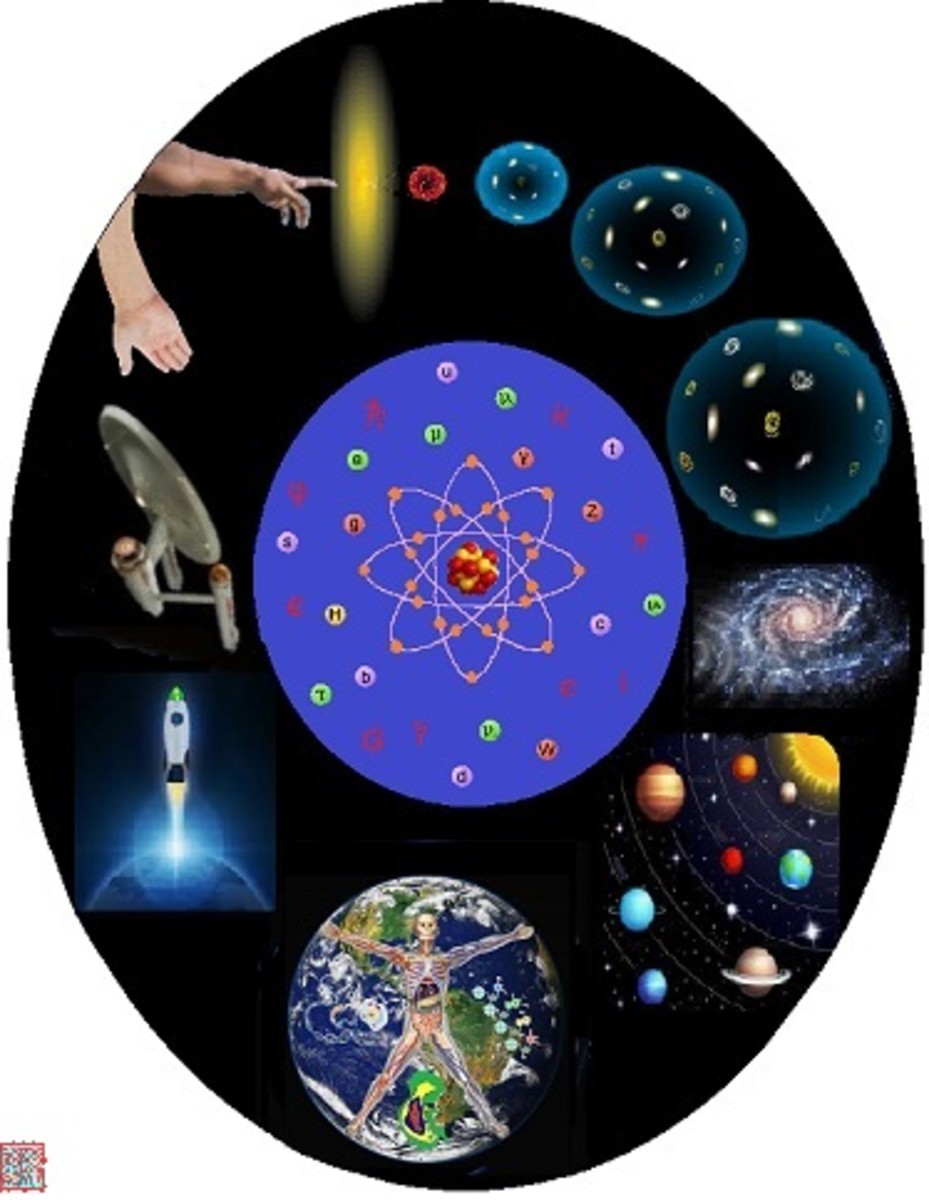Are We Alone
Since the dawn of civilization, we have been wondering about the origin of life. Are we unique or there are many beings like us living in one of those shining stars in the sky? Due to the advance in science and technology, we understand that Earth is the only planet in our solar system that harbors life forms in general and intelligent life forms in particular. The other 7 planets are either too cold, too hot, or lack the physical attributes to give rise to the right environment to support even the simplest living organism. Further, we realize that Earth’s unique life-sustaining playground came about not by accident. Earth has to:
1) Be at the right distance from the Sun,
2) Have the right rate of rotation,
3) Have an axial tilt,
4) Have active geology,
5) Have a protective atmosphere,
6) Have a protective magnetic field.

Probability
Through the study of Astronomy and the help of ever more powerful telescopes, we observe that solar systems like our own were and are being formed not only in our galaxy but also in the billions of galaxies in the Universe. As a result, it is estimated that there are 300x100 billion stars with planets in different configurations and properties. Out of these, there are probably 100 billion stars with planets that have Earth-like conditions. It is then concluded that it is a matter of time that we will either find or be contacted by civilizations of intelligent life forms from some of these planets.
It turns out that the formation of our solar system is a common occurrence in the Universe since the Big Bang around 14 billion years ago. In the beginning, there were only very hot gaseous clouds consisting of mainly hydrogen and some light chemical elements. As the temperature cooled, the gaseous clouds collapsed to form individual galaxies. Inside each galaxy, stars and planets started to form out of the gravitational pull of these gaseous clouds. After several billion years, some of the stars ran out of fuel and exploded into another gaseous cloud consisting of heavier chemical elements. Our solar system was created around 4 billion years ago by one of those regenerated gaseous clouds. The same can be deduced for the billions of solar systems in the Universe at present.
War and Peace
The road to our advanced civilization was paved with personal conflicts, territorial battles, and global wars as the strong tried to take advantage of the weak. The results were the loss of hundreds of millions of lives, a polluted environment, and the disappearance of natural habitats and resources. But, we had also learned from the destructive ways of our deeds. To remedy this, we created:
1) The United Nations to clamp down on unwarranted aggressions toward weaker countries and human rights abuse against helpless people,
2) The Red Cross provides food and shelter due to starvation or disease caused by natural catastrophes,
3) The Environmental Protection Agency to safeguard against pollution and contamination of air and land,
4) The UNESCO World Heritage identifies cultures and natural sites that are important to humanity for conservation.
Code of Conduct
Today, as we are ready to explore the Universe for resources and intelligent life, we will also be constantly reminded about the discovery of the New World by Columbus whose superior technology decimated and caused irreversible damage to the entire indigenous people and their cultures. As a result, when we find the natural resources we need on one of the planets, we have learned to take extra precautions to be environmentally friendly and not to interfere with the natural development of the native inhabitants.
By the same token, if some intelligent life forms happen to visit Earth and find its civilization is still primitive and not ready to accept the existence of superior extraterrestrial beings, they will take extra efforts to cover their tracks and be an invisible observer. Otherwise, if someone or some country can get the hand on a game-changing technology that is not from this solar system, the long and hard-fought political and economical equilibrium will be thrown into instant chaos.
Incubator
As we understand more about ourselves, our Earth, and the solar system, it becomes obvious that we are not alone in the Universe. More significantly, our life and civilization are not unique. Their developments follow a set of rules and laws that are part of the characteristics of our Universe. Just like an automobile assembly line, by supplying raw materials at one end and after a fixed length of time, a fully functional moving vehicle comes out the other end.
This may be an oversimplified analogy. But, to think that we have control over our destiny on Earth is to think that the ants know what they are doing in constructing the intricate underground tunnels. No doubt, we are on a higher level of intelligence than ants. However, our complex society is built and sustained by each one of us performing one’s special function. No one knows and can do it all. Only by working together as an interdependent unit like the ants, our society can prosper and our civilization can march forward.
It is common knowledge that in our present stage of evolution, we are capable of utilizing less than10% of the brain's information and intellectual processing potential. Our Universe is a big incubator for the new, young, mature, and dying stars. Within these star systems, there are planets:
1) With intelligent life forms in the Stone Age,
2) In a time of spiritual discovery in the Renaissance Age,
3) Embarking on the industrial revolution,
4) Launching space probes into space, or
5) Engaging in inter-galactic exploration.
When the right time comes, the beings from those planets will find one another and share their experiences.








